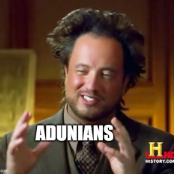Grudgelore: A guide to Grudges and Grudgekeeping
-
Recently Browsing 0 members
No registered users viewing this page.
-
Popular Topics
-
Topics
-
Recent Status Updates
-
Options
Options
-
just a reminder that drivewriter exists for all you people who like writing minecraft books. surprised at how many people don't know about this. it pastes content from google docs into your minecraft book so you don't need to do it sentence by sentence or be afk kicked while writing in a book
https://www.lordofthecraft.net/forums/topic/176274-drivewriter-annoucement-and-guide/?tab=comments#comment-1660030
No Recent Status Updates -
Options










.thumb.png.9fad78480cafa0f0ce53bde6be662d9c.png)


Recommended Posts